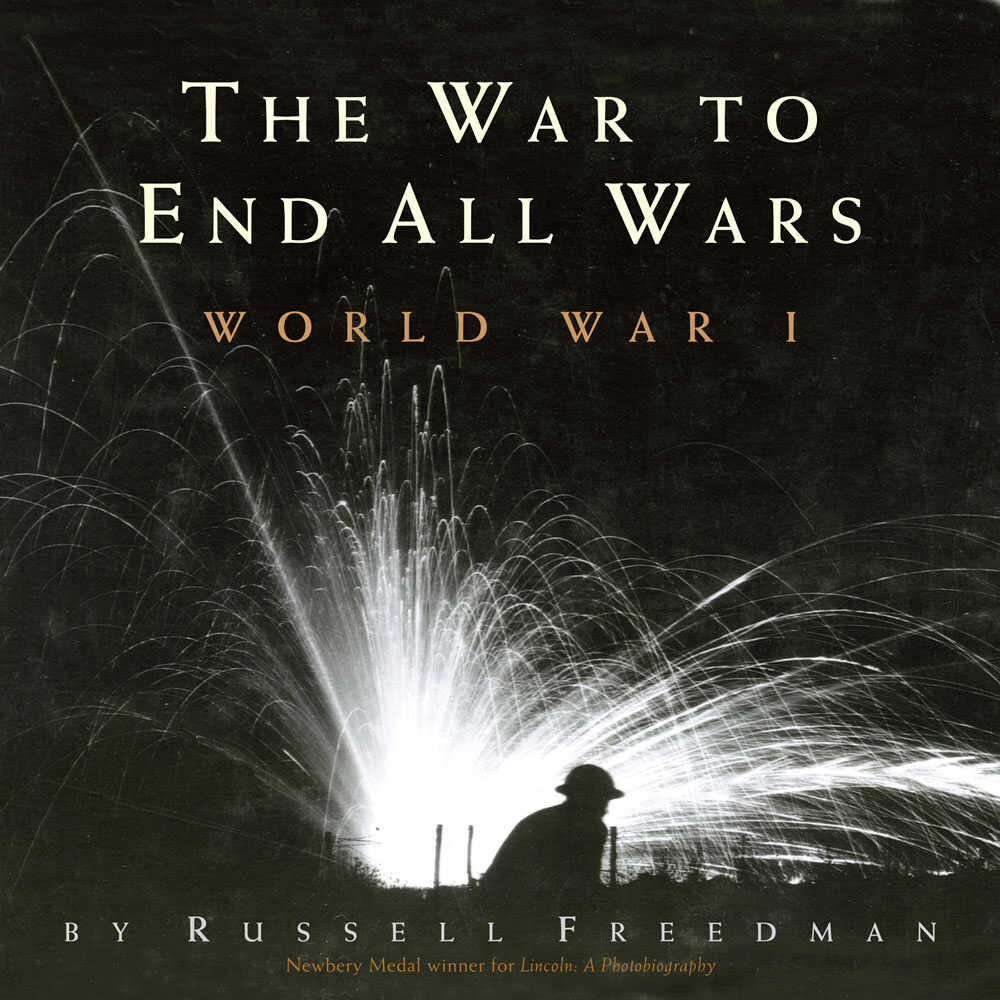World War I, also known as the Great War, was a global conflict that occurred from 1914 to 1918. It is often referred to as the “war to end all wars” due to the massive destruction and loss of life that took place. The intricate system of alliances, political tensions, and militarism in Europe at the time all played a role in the outbreak of the war. The assassination of Archduke Franz Ferdinand was the catalyst that sparked the conflict, drawing in the major powers through their alliances. The lessons learned from World War I remind us of the importance of diplomacy, cooperation, and peace in preventing such devastation in the future.
The War to End All Wars
World War I, also known as the Great War, was a global conflict that lasted from 1914 to 1918. It is often referred to as the “war to end all wars” because of the sheer scale of destruction and loss of life that occurred during the conflict. In order to truly understand the origins of World War I, we must look at the complex web of alliances, political tensions, and militarism that were prevalent in Europe at the time.
Alliances and Ententes
One of the key factors that led to the outbreak of World War I was the system of alliances and ententes that existed between European powers. The two main alliance systems were the Triple Entente, consisting of France, Russia, and the United Kingdom, and the Triple Alliance, consisting of Germany, Austria-Hungary, and Italy.
These alliances were formed in order to maintain a balance of power in Europe and deter potential aggressors. However, they also had the unintended consequence of turning a localized conflict into a full-blown global war. When Archduke Franz Ferdinand of Austria-Hungary was assassinated by a Serbian nationalist in 1914, Austria-Hungary declared war on Serbia, drawing in the other alliance members and setting off a chain reaction of declarations of war.
Political Tensions
In addition to the complex system of alliances, there were also deep-seated political tensions between the European powers that contributed to the outbreak of World War I. Nationalism was on the rise in many countries, leading to a fervent desire for independence and territorial expansion. In the Balkans, for example, the powder keg of Europe, several ethnic groups were vying for control of territories that were historically contested.
Furthermore, the great powers of Europe were engaged in a fierce competition for imperial territories in Africa and Asia, leading to heated rivalries and the threat of conflict. The assassination of Archduke Franz Ferdinand was just the spark that ignited the powder keg of political tensions that had been building for years.
Militarism
An additional factor that contributed to the origins of World War I was the militarism that was prevalent in Europe at the time. Many countries had built up their militaries in anticipation of a potential conflict, leading to an arms race that further heightened tensions between the great powers. The belief in the superiority of one’s own military and the willingness to use force to achieve one’s goals only served to escalate the conflict.
In Conclusion
World War I was a tragic and devastating conflict that had far-reaching consequences for the entire world. By understanding the origins of the war, we can gain insight into the complexities of the geopolitical landscape of Europe at the time and the factors that led to such a catastrophic event. It is important to remember the lessons of World War I in order to prevent such a conflict from happening again in the future.
